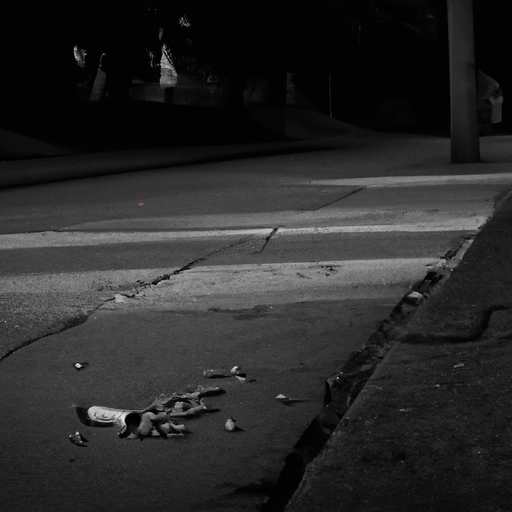The Plight of Synthetic Opioid Abuse in Halifax: A Glance into Canada’s Ongoing Opioid Crisis
A recent article on Global News highlighted a worrying trend of synthetic opioid abuse in Halifax, a critical component of the nation-wide opioid crisis Canada currently faces. Issues surrounding opioids have swiftly become a national concern, impacting the health, economic, and social sectors. The misuse and addiction to opioid drugs are closely linked to an increase in crime, the spike in homelessness, and most distressingly, a rise in preventable deaths. The far-reaching consequences have led community leaders and health authorities to take action against the crisis.
A Closer Look At The Problem
The opioid crisis is not a recent phenomenon. Canada has been grappling with it for a while, with the situation progressively worsening over the years. The article reveals that Halifax police have found a fresh, perilous substance on the streets—a synthetic opioid that is up to 100 times stronger than fentanyl. This alarming increase in strength makes it profoundly more deadly, exacerbating the urgency of solutions to the opioid crisis.
The opioid class action taken by our communities, including Halifax, is indicative of the shared determination to combat the scourge. The lawsuit seeks to recoup public costs related to opioid integration and misuse. However, it’s essential to remember that legal actions are only one small part of what must be a multifaceted response.
The Dire Consequences
The effects of the opioid crisis are far-reaching and severe, affecting not only the opioid users themselves but also their communities and the healthcare industry. The crisis has:
- Sharply increased healthcare costs and burdened the healthcare system with drug treatments, emergency medical services, and opioid-related hospitalizations
- Fueled a rise in crime rates, specifically those related to drug trafficking and substance abuse
- Generated a spike in homelessness rates as substance abuse often leads to financial instability and social alienation
- Most devastatingly, resulted in a significant increase in preventable deaths due to overdoses. In 2020 alone, nearly 2,000 people died because of opioid toxicity in Canada.
Actions Taken To Combat The Crisis
Despite the grim reality of the situation, efforts have been made by authorities and community leaders. The government has undertaken several actions to fight against the opioid crisis:
- Promotion and distribution of naloxone kits and training individuals on their use. Naloxone is a medication that can reverse the effects of opioid overdose, becoming a lifesaver when used promptly.
- Expansion of access to supervised consumption services and drug treatment courts.
- Investment in research, surveillance, and monitoring to better understand and address changing trends in problematic drug use.
- Implementation of law enforcement initiatives to target illegal drug supply, trafficking, and production.
A Collective Endeavour
Acknowledging the intertwined connections between opioid addiction, crime, homelessness, and societal costs, it is crucial to assert that the response to this crisis be comprehensive. A broader approach that incorporates prevention, treatment, harm reduction, and law enforcement initiatives is required to make any noticeable progress.
In Conclusion…
The opioid crisis in Halifax and, more widely, in Canada is a alarmingly complex issue with dire, wide-reaching consequences. As per the Global News article, the advent of more potent synthetic opioids has only deepened the gravity of the situation. Although several actions have been taken – including the opioid class action and promotion of naloxone – to tackle the crisis, the far-reaching effects continue to pose significant challenges requiring constant effort and innovative solutions by civic and community leaders alike.
